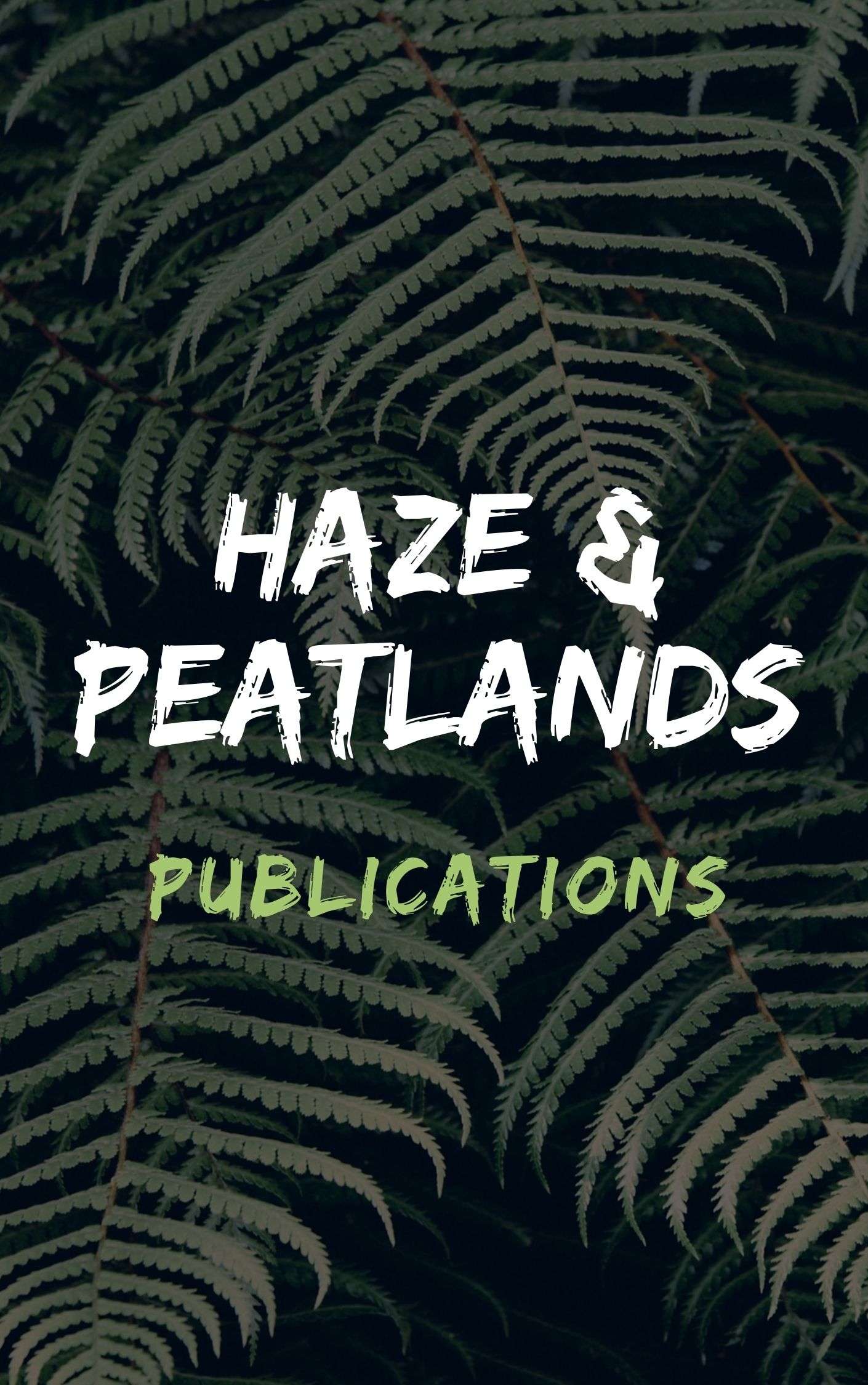The COVID-19 pandemic has brought attention to the need for Indonesia to prepare for future food challenges. The government is focusing on developing underdeveloped areas, including peatlands, which have great potential for integrated farming systems. Bangsal is a village with peat swamp lands that serve as a source of food in OKI Regency, South Sumatera. During the dry season, the land is used for agriculture, while during the rainy season, it is used for fisheries. This paper analyzes (a) the village-based farming patterns in peatland areas, (b) the institutional framework of peatland farmer groups in Bangsal, and (c) the strategy for sustainable peatland utilization for food security. The study used both qualitative and quantitative data analysis methods. The research showed that the role of the Ulak Kuto Mandiri effectively and efficiently increased community income and food self-sufficiency. Integrated farming systems, including swamp buffalo farming, swamp fish farming, and swamp agriculture, optimally and sustainably increased the potential of peatlands. Sustainable peatland utilization through integrated farming systems technically preserves the peatland ecosystem from land conversion, is economically feasible, increases the income of farmers, livestock breeders, and local cultural traditions, and empowers women in farming activities. It also reduces forest fire risks, chemical fertilizer and pesticide use, and increases peatland productivity.
View source

